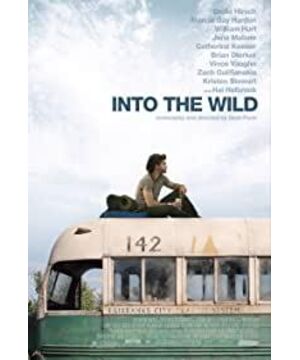A few days ago, I interviewed James Balog, an American nature photographer, and the topic was his polar journey. In 2006, Balog worked with National Geographic to complete the most extensive polar ice survey so far, leaving perhaps the last photo of the Arctic Circle glaciers formed over hundreds of years. Frame after frame of wonder, like the illusion of another planet: snow-covered mountains, frozen earth, rugged lines of cracked ice peaks, covered with thin sky light, and a ray of blue from the depths of the ice and snow. That kind of light and atmosphere seemed to come to the end of the world, clear, clear, and quiet.
I instinctively liked this story, and decided to move this scene into a well-interested newspaper, without hesitating the twists and turns of lobbying and packaging.
Wilderness, wasteland, deep mountains, valleys, caves, polar regions, all places off the beaten track, all have a special temptation for me. Born in the city, always in the city, knowing that they are trapped in the noise of the people and tribes, but can't help but look out into the uninhabited land. Looking at the Alaska ice sheet taken by Balog, the back of a young man constantly appeared in his mind, alone, carrying a simple suitcase, walking on the sandy highway, passing by the comfortable towns, and finally into Alaska. The young man told every warm stranger he met along the way that he wanted to find "self" and "reality" in the most ancient living environment of mankind.
The film "Into the Wild" (Into the Wild), adapted from real life, was named one of the top ten films of 2007 by the American Film Institute. Anyone who has secretly had the urge to leave can use this movie to relive the call of the wilderness and the cruelty of nature, and taste the splendor of freedom and the bitterness of loneliness. This top student at Emory University renamed himself "Alexander Super Wanderer", and after the graduation ceremony, he donated all his savings and left without saying goodbye. Unlike Kerouac, his destination is not "on the road", but a great wasteland with no road. Step by step, he stepped into the distance, and step by step he fell into memory. The scorching sun in the wilderness reflected his unwillingness to express his inner gloom: the lies of his father's bigamy, the trap of money and material desire, the marriage between his parents on the verge of breaking up again and again... in silence In the snowy area, he survived the harsh winter. Unexpectedly, spring is more cruel than winter: the food is exhausted, the river runs across, and the torrential flood cuts off the way to come.
As he died, the young man with sunken cheeks opened Tolstoy's "Family Happiness" again, muttering to relive the interpretation of "happiness" in the novel: "...in a quiet retreat in the country, try to be as good as possible People do simple and useful good deeds, even though those people are not used to me doing this for them, do a really useful job, and finally rest, enjoy nature, read, listen to music, love everyone around you. This This is my interpretation of happiness. On top of these, perhaps with you as your company, and perhaps with our children, what more can a man desire?" With a trembling hand, he wrote the last diary in the gap between the pages: Happiness Only sharing with others is true.
For me, this is the finishing touch of the whole film, the most sad and gentle confession: where the reconciliation begins, end the lonely escape; let nostalgia and hope lead the way out of the wasteland of no love. Compared with his parents, who had to survive the rest of their lives in remorse, the wanderer's death may be embarrassing, but it is not necessarily a tragedy: he not only appreciates the unrestrained youth and the magnificence of mountains and rivers, but more importantly, In the deserted wilderness, ignite the love and confidence that returns to the world of fireworks. Like all people who hope he will reappear one day, but will never be able to fulfill their wishes, I also tend to believe that, at least in my heart, he has embarked on a way home.
I have been searching for stories like "Survival in the Wilderness" to satisfy my inner feeling for "no man's land". Books or movies are good enough, and I don't want to meet the adventurer himself-how many people have in-depth The reasons, will and conditions of the wild, how many people will enjoy the luck of returning safely after doing this? If one can say that in putting down all the decisiveness and going away from the waves, one can still smell the dysphoria and vigor of youth, then looking back to regain fate will prove the true tolerance and fearlessness of adulthood. In the end, the most beautiful scene of looking at the land of no one from a tribe of people is actually the reflection of the lights of thousands of families: I know that the charm of "the land of no one" is not only a reckless departure, but also a sure return. To borrow from the Buddhist metaphor, there is no way to the other shore except this shore.
(Column article and film review)
View more about Into the Wild reviews










